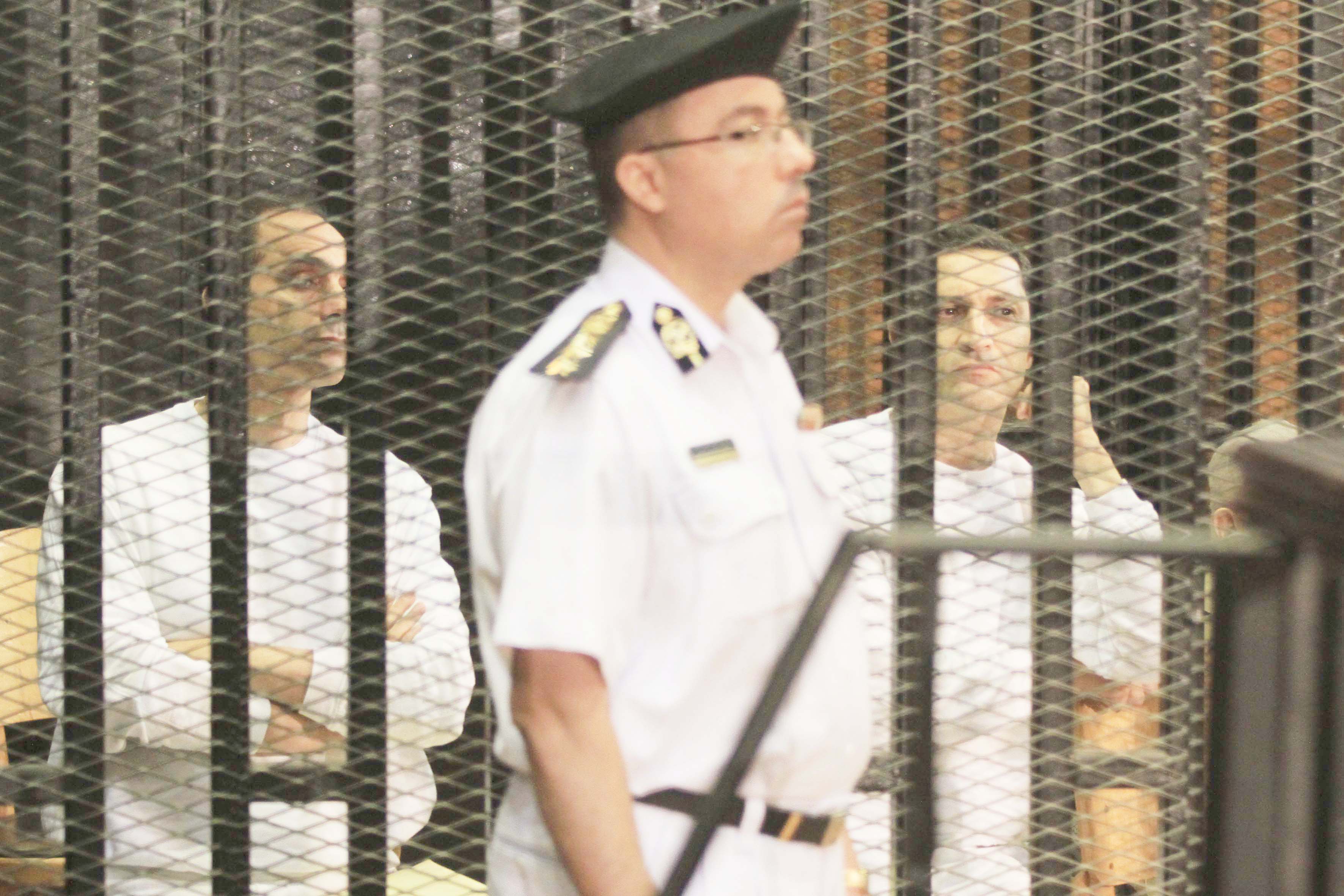The words we use and the statements we make define who we are, what we believe. The more accurate our pronouncements are, the closer we are to the truth and to understanding each other. The better the understanding, the more engaged we become when the opportunity avails itself.
In her keynote address to the American Task Force on Palestine in Washington, DC on Oct. 11, 2006, US Secretary of State Condoleezza Rice brought much understanding to the question of Palestine and to the American role in resolving it. She promised her personal commitment to bringing about a Palestinian state because: I believe there could be no greater legacy to America than to help to bring into being a Palestinian state for a people who have suffered too long, who have been humiliated too long, who have not reached their potential for too long, and who have so much to give to the international community and to all of us.
A similar commitment was made by President George Bush in his address to the United Nations General Assembly on Sept. 19, 2006. He said: I m committed to a Palestinian state that has territorial integrity and will live peacefully with the Jewish state of Israel. This is the vision set forth in the roadmap, and helping the parties to reach this goal is one of the great objectives of my presidency.
If the US president and secretary of state are committed to a Palestinian state, why is there no movement in that direction? Why have Middle East leaders and specialists alike seen only indecision and inertia for peace in the Middle East during the last two years of the Bush presidency?
While Palestinian and Israeli leaders are ultimately responsible and should be held accountable for their daily actions and their intractable conflict, the real answers for a resolution reside in the White House. Bush must prove Middle East leaders and specialists wrong by actively advocating for peace. If he waits to become a peace maker or peace builder only after he leaves office, as some former presidents have done, the urgent need today will be sidetracked and peace will be delayed for several years to come.
Bush must overcome his fear of criticizing Palestinians and Israelis when criticism is deserved. As Dennis Ross correctly points out in The Missing Peace, the United States must hold both sides accountable. That is, there must be a consequence for non-performance, and to have real meaning, it must be publicly seen .
Requiring Palestinians to maintain law, order and security and to create good governance, and requiring Israelis to stop settlement building and expansion in the West Bank and in Jerusalem will generate balance and symmetry. These will generate the right environment for ending the Israeli occupation and the resultant Arab boycott, and for resolving the perennial issues separating Palestinians from Israelis.
Bush, like other political leaders, must also overcome his fear of depoliticizing Palestinian-Israeli relations, mainly promoting and being engaged in peace making regardless of the American election cycle or the influence of political lobbies and ideological religious groups.
Bush has everything to gain by championing Palestinian-Israeli peace. Through his vision of a two-state solution and active participation, he will fulfill American commitment to Israel s security and keep his promise of creating a state of Palestine. Such deeds can benefit American involvement in the Middle East, thus freeing up the United States to address other hotspots and win the war on terror.
As the American Task Force on Palestine argues, Palestinian statehood will remove the greatest single source of anti-American sentiment throughout the Arab and Muslim worlds, enhance the security of all states in the Middle East by establishing defined borders for Israel, establish a democratic model for the rest of the Arab world to emulate, and open up substantial markets in the Middle East and North Africa to greater opportunities for economic cooperation.
Besides normal diplomatic gestures, Bush is advised to appoint a respected American as his special envoy to Israel/Palestine. With assistance from a team of Middle East experts and peace-building organizations and in coordination with all relevant parties (e.g., Arab world, European Union, Russia, United Nations), the envoy will help Palestinians and Israelis unmask their fear of each other and stop further damage to themselves and to each other. The envoy must be empowered to apply necessary pressure on both Palestinians and Israelis to negotiate in good faith and implement their agreements.
If peace is to be advanced, the United States key must be used now. Waiting longer will result in another missed opportunity and will make more complex and complicated a just resolution.
Saliba Sarsar, professor of political science and associate vice president at Monmouth University, is on the board of the American Task Force on Palestine. THE DAILY STAR publishes this article, which first appeared in The Jordan Times, in collaboration with the Common Ground News Service.


